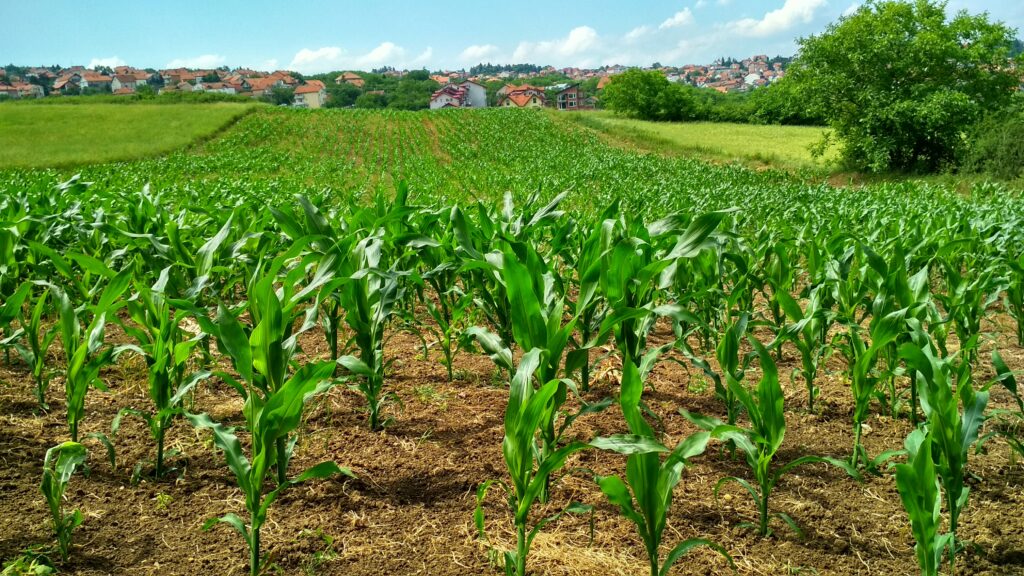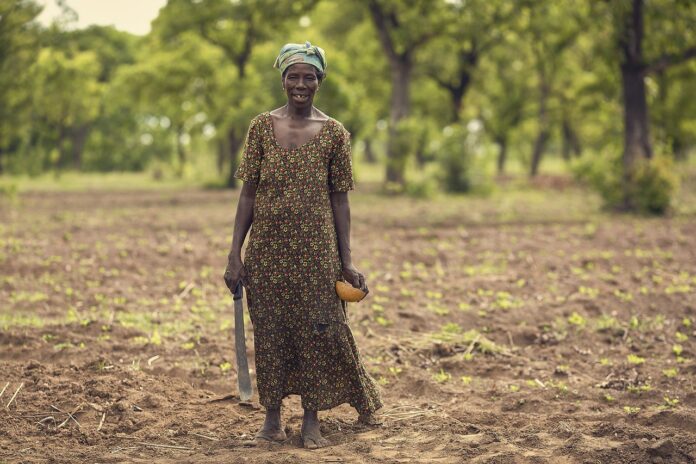The 2022 Global Hunger Index report places Kenya at number 94, with an index of 23.5 up from the previous of 21.6. This index reveals that Kenya is quickly slipping into the serious hunger category. If Kenya lets the status quo remain, the loss to the country’s social, economic and political growth and development would be unfathomable.
To this end, the 13th parliament of Kenya has a responsibility to restore the hope of food and nutritional secure country through harmonization of the legislative framework to enhance and accelerate the country’s development and transformation of the food system.
It is worth noting, Kenya’s legal and policy framework has been praised as one of the most comprehensive globally. However, this has not translated into the expected results. Indeed, the High-Level Panel of Experts on Food Security and Nutrition (HLPE-FSN) 2022 report identifies a lack of coordination as a key challenge.
The HLPE-FSN report goes on to call for the harmonization of laws and policies to remove bottlenecks that lead to inefficiency in the implementation of programs and projects that could lead to sustainable food security.
Losing Indigenous Knowledge on Climate Change Pauses Risk in Food Security
I believe critical changes to the Parliament of Kenya National Assembly Standing order such as standing order 209 which establishes the departmental Committee on Public Petitions. This, coupled with Standing Order 208 establishing the Departmental Committee on Implementation, could help track and ensure streamlining of laws, regulations and policies to improve the country’s capacity to transform its food system for Food security.
On top of the ladder for the National Assembly should be The Food Security Bill of 2014. This bill was introduced in the Senate by the Hon. Beatrice Elachi but collapsed in the hands of the National Assembly during the 12th Parliament.

Luckily, the Hon. Beatrice Elachi is now the Member of Parliament in the National Assembly representing Dagorreti North Constituency in Nairobi County. The objective of the bill was to provide a framework for the realization of the right to be free from hunger and to adequate food of acceptable quality as required by Article 43(c) of the Constitution of Kenya 2010.
Further, in 2019, Hon. Kimani Ichungwa, now the Majority Leader in the National Assembly introduced The National Disaster Management Authority Bill 10 of 2019. The objective of the bill was to establish a centralized system of responding to and managing disasters in the country.
How Africa is achieving equitable and effective food system transformation
With reports such as World Hunger Index pointing to Kenya’s persisting serious hunger level; Food insecurity is an oncoming disaster, and having coordinated effort to tackle the challenge is of utmost importance. A reason this bill must be reconsidered.
Hon. Amos Kimunya introduced The National Risk Management Bill of 2021 which sought to establish an Intergovernmental Council on Disaster Risk Management.
The bill also intended to occasion the establishment of a Disaster Risk Management Authority a view that seems to converge with the thinking of Hon. Kimani Inchungwa. It is therefore clear that the need for harmonization of legal and policy frameworks on disaster management in the country is necessary.
The land control Bill of 2022, by the Hon. Wilberforce Oundo sought to align the law governing agricultural land with the provision of the constitution of Kenya 2010. The bill sought to give a voice to the locals by establishing land committees in every constituency. This Bill is critical since governance of agricultural land is essential in the production of food.

Further, the Community Group Registration Bill of 2021 by Hon. Amos Kimunya, if passed and enacted, can play a critical role in the transformation of the food system in Kenya.
With the principle objective of the Bill being to provide a regulatory framework for the mobilization, registration, coordination and regulation of community groups; it will be possible to enhance citizen participation in public policy-making decisions as envisioned in article 232 (d) of the Constitution of Kenya 2010.
If enacted, the Community Group registration bill will add impetus to the development of the Agency. Agency refers to the ability of individuals or groups to make independent decisions.
Given the diverse nature of our communities and traditions, rural communities are better placed to enhance the development and conservation of the environment while promoting a sustainable food system that can ensure food security goals are achieved.
Consequently, it is worth noting that the mechanism of presentation of public bills established by the Standing Orders 114 of the National Assembly is comprehensive. The fact that previous legislative proposals can be reintroduced in the House and that these proposals can be co-sponsored by different Members of Parliament is critical.
In my opinion, having more than one member take a personal interest in a public issue such as the transformation of our food system will increase and enhance national visibility and conversation. This in turn will contribute to reshaping the Narrative on food system transformation.
It is my belief that Parliament should and will take keen interest in transformation of the food system since prosperity of our nation mainly depends on the actions we take now in relation to sustainable food security.








